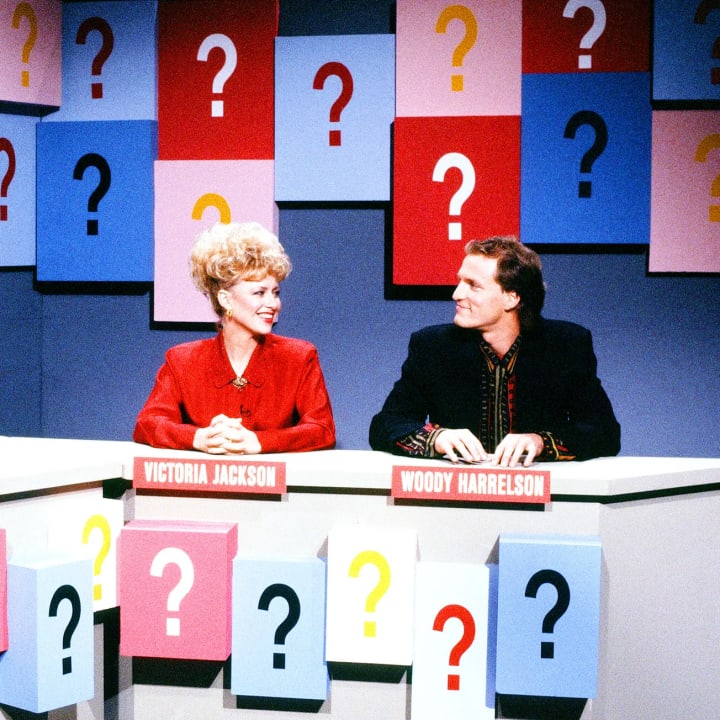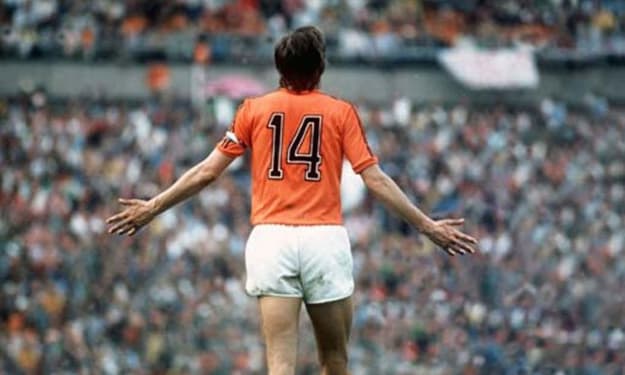
Since time immemorial, humanity has been driven by interest. Without asking “Why?” many important discoveries would not have been made. Interest was viewed as a vice during the Dark Ages, and people thrived on the knowledge they did not need or could not use. It was only after some scientists and philosophers shattered the taboo and inspired an exciting euphoria throughout the world that observed an influx of invention and discoveries. Since the dawn of human existence, humans have been aware of the importance of interest for memory performance. Trivia questions are a terrific way to stimulate interest. Most of the studies, however, fail to distinguish between interest in the trivia questions themselves and interest in the answers that they provide.
Defining the Paradigm for Trivia Questions

Different studies from memory literature in cognitive psychology and neuroscience focus on how interest affects learning and memory. Apart from using "trivia questions," these studies frequently utilize question-answer formats. People in this paradigm are set trivia questions that are intended to get their attention. The paradigm can be used to examine how knowledge gaps (interest in the solution) facilitate the memory of the solution. Additionally, trivia questions are more expressive than texts. The shortness and the lack of real-life significance make them an interesting and straightforward way to discover people's momentary situational interest. Using trivia questions, many studies consistently found that interest in knowing the answer is positively related to memory performance especially after a delay for people of various ages.
The reward system in the brain, including the ventral striatum and the midbrain, is activated by interest, according to recent findings in cognitive neuroscience. It has been hypothesized that interest may boost memory because it increases the release of phasic dopamine in the hippocampal memory system.
However, there is one important limitation: there is no existing pool of common trivia items to make things interesting. Researchers have always prepared questions haphazardly, and they use different sets of trivia questions in different studies. Due to this uncertainty, it is also difficult to compare the results of different studies based on trivia questions. There is currently no way of distinguishing between states of interest before and after an answer is provided in the studies that examine interest by asking trivia questions. In the knowledge acquisition process, there are two distinct stages of motivation: pre and post-answer interest. To put it another way, pre-answer interest represents the awareness of a knowledge gap, whereas post-answer interest represents the satisfaction of the knowledge gap and the positive feelings about the gained knowledge.
There is a clear connection between these two subjective states, but it is possible that the initial pre-answer interest is dissociated from the subsequent post-answer interest (e.g., “I was interested in the question, but the answer disappointed me”). It is necessary to gain a greater understanding of the relationship between pre and post-answer interest in order to evaluate the work on pre-answer interest.
The potential for enhancing memory performance through pre-answer interest is interesting, but this effect is mediated by increased interest after the answer has been revealed. Post-answer interest may influence memory performance to an extent very similar to pre-answer interest and that other factors which influence post-answer interest can enhance memory performance independently. In response to unexpected negative feedback, i.e., realizing your answer was incorrect when you were confident that it was right, interest can be revealed. This could be a consequence of how confidence connects to memory performance. Studies have shown that high confidence errors aid in the memory performance. People who fail to obtain the correct answer after making an attempt are more likely to become aware of a knowledge gap, which will trigger pre-answer interest, which will subsequently influence post-answer interest. Due to the unexpected error, this "hyper-correction" effect could still lead to an increased interest in the answer.
Social Experiment

To measure the impact of different pre-answer interests (interest in the question) and post-answer interests (interest in the answer), we're going to need a large pool of trivia questions. The person will be asked to answer trivia questions, rate their confidence in the guess, and indicate how interested they are in learning the actual answer and then, in the end, provide feedback based on their interest in learning more after they have received the answer. Then, in a couple of weeks, they will take a memory test. We will be able to see more clearly how interest can fuel learning based on the results of this social experiment.
Now the question is how to frame the potential ice-breakers using trivia.
So, strategically you have to frame questions so that the person in front of you doesn’t lose interest in the conversation altogether. You have to mix it with quick interpersonal questions with a pinch of trivia. e.g. If there is a virtual interaction, you can ask the person to show their dedicated office space at their home, or ask them about the recent TV series or movie they watched. If you are meeting people in person, you can ask them interesting questions like what is your favourite dish or any places they have travelled recently or something like that.
My standard questionnaire is generally based on topics like Food, Music, Movies or TV Series, Books and something specific to their personality.
The key to success in this trivial art of trivia is to understand the responses of the person and frame the questions accordingly. The USP is to utilise the negative responses of the person and use it as a dataset in your brain by interpreting it as constructive criticism and train that data in correlation with pre and post-question interest and confidence. And to make this possible we need to devise a metric that would rate the curiosity of the person from 1 to 10, (1 being not interested at all and 10 being extremely interested).
We often feel useless in a society that reveres "use." If the lessons we've absorbed over our lifetimes don't contribute to our lives, what is the point of them? How do we use it? Trivia is one of the few ways we reward ourselves for this library of crap we walk around with. Some aspect of our lives is familiar to us all. There is something we do all know too much about, and when that question comes up, we finally take a chance to show we know. At least for a moment, we're useful.
After all, this whole process might seem too complex but this is the only way to truly understand the art of using trivia to predict the unpredictable.
About the Creator
Siddharth
I wear a story on my skin; of how I have been ripped with challenges and sewn back together with determination and perseverance.






Comments
There are no comments for this story
Be the first to respond and start the conversation.